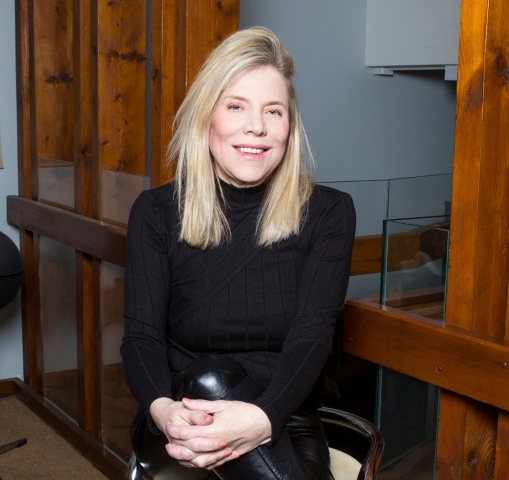Coming to Expect the Unexpected. Dare We Hope?
On May 28, an international media webinar, Strange Days for Communicators and The World, was held to discuss the new COVID 19 reality and how this coronavirus pandemic is shaping the world of Communications.
The session was led by the world’s one of the best public relations experts and globally recognized communicator Marian Salzman, who is a Senior Vice President of Global Communications in Philip Morris International.
“The COVID pandemic took us all by surprise. There’s a growing sense that life will never again be the same – and that we have even less control over our futures than we had imagined”, - said Marian Salzman.
According to Salzman, we now live in a world which is constructed with two different dimensions consistent of different realities, different culture, different styles of communications. This division represents the parts of Pre-COVID [19] and Post-COVID [19] periods.
As Salzman stated, “the pandemic might serve as a sort of reset - shepherding in a new era marked by the new 4Cs: Compassion, Camaraderie, Civility, and Community. Given our current reality virtual now become viral - the internet now has become our workplace or school, therapist, doctor, office, house of worship, lifeline, entertainment, supply chain. We live in a reality where we need to find innovative ways to reach out. That’s why companies need not speak up, but to step up”.
At the start of the pandemic, the most common mistake, according to Salzman, was made by marketers when they tried to fill a communications gap that didn’t exist. During COVID-19, companies need to behave in ways that show their concern about protecting their employees and customers.
“Protecting employees and customers is the baseline response. We want to know our brand partners are putting people first. We want to know businesses are doing all they can to protect jobs and salaries during and beyond the crisis. That’s why the largest organizations have to help to shoulder the burden and help the world get through this crisis faster at lower human and financial cost”.
ENTERPRENEUR GEORGIA asked for Marian’s opinion about the companies which were able to efficiently adapt to the current crisis and showed a distinctive attitude towards the safety of their employees and customers.
“The very first company which comes to mind is, of course, Philip Morris. PMI has been actively working against this pandemic since its outbreak, with initiatives in more than 60 countries in which our employees live and work. Beyond its community initiatives, PMI has established a set of guiding principles to ensure employees’ job security and peace of mind.
“The communication strategy of the CEO of Marriott, in my opinion, was one of the most admirable communications strategies towards this crisis: he stood up and very honestly told people what they were going to experience and that it was not going to be easy, but he didn’t lie or mislead them. Telling the truth is key. I’m easily impressed by companies that make overall communities feel like we’re all in this together”.
We are all this together, but the way we are managing the crisis is quite different. According to some publications, female leaders tend to manage and balance this situation. We asked Marian for her opinion about this topic.
“Female leaders tend to be less afraid to say that they are worried or caring, and they tend to factor more in human factors. It’s not that women are necessarily saying or doing things differently, but the way they see those things, and the way they manage them, gives people more confidence and a feeling of safety. That’s the difference”.
As Salzman stated, the Post-COVID workplace won’t be the same until the spring of 2021. That’s why companies must concentrate on efficient communication and care for their employees.
“There has been no better time for brands to step into the spotlight and show what they are made of—and how they are contributing to the greater good”.












